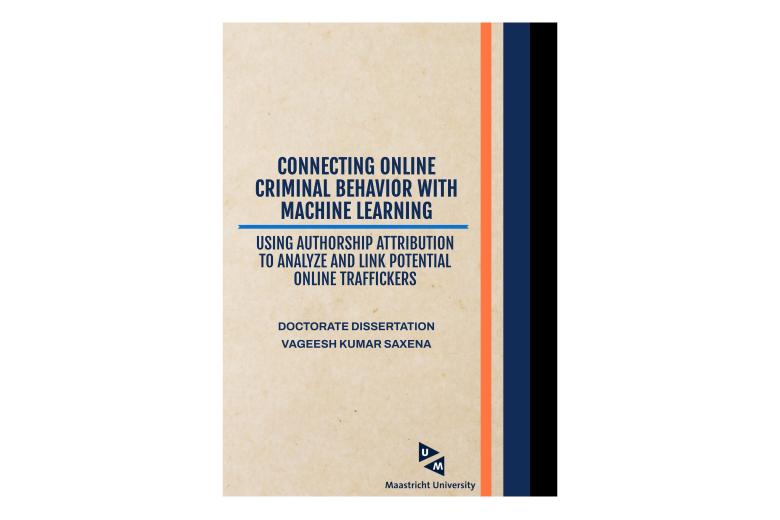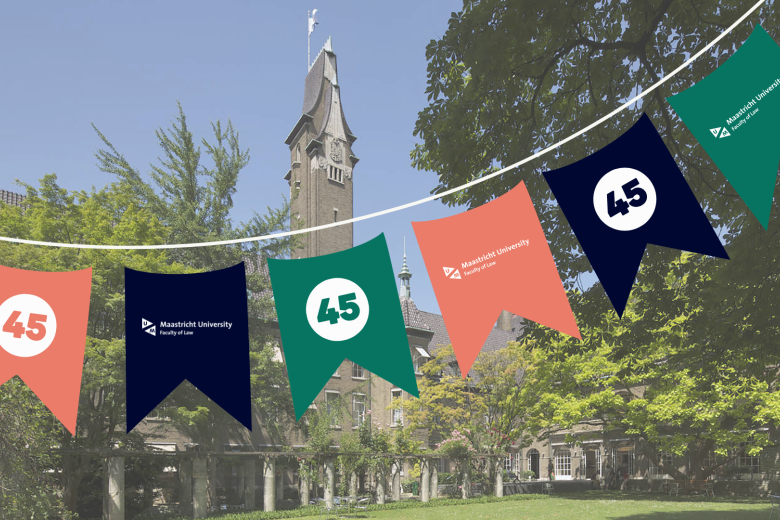Machine Learning Solutions for Improving Access to Law
Supervisors: Prof Dr Gijs van Dijck and Dr Jerry Spanakis.
Keywords: Machine Learning (ML), Natural Language Processing (NLP), Specialised Domain, Access to Law
Many individuals are likely to face a legal dispute at some point in their lives, but the lack of understanding of how to navigate these complex issues often renders those with few resources vulnerable. The advancement of machine learning and natural language processing opens new avenues for bridging this legal literacy gap through the development of automated legal aid systems.
This thesis investigates the potential of such systems in automatically retrieving relevant legislation and delivering understandable answers to legal questions posed in layperson's terms. These automated tools could provide a free professional assisting service for people in need, empowering disadvantaged parties in legal disputes and improving equal access to justice.
Nonetheless, research into this area remains scarce, primarily due to the complexities and costs of constructing specialised datasets necessary for their development and evaluation. This gap is addressed by exploring different aspects of automated legal aid solutions.
Also read
-
Connecting Online Criminal Behavior with Machine Learning: Using Authorship Attribution to Analyze and Link Potential Online Traffickers
PhD thesis by Vageesh Saxena
-
Faculty of Law celebrates 45th anniversary
In 2026, the Faculty of Law at Maastricht University will celebrate its 45th anniversary.
-
Administrative integration through agency governance The role of Frontex, the EUAA and Europol
PhD thesis by Aida Halilovic